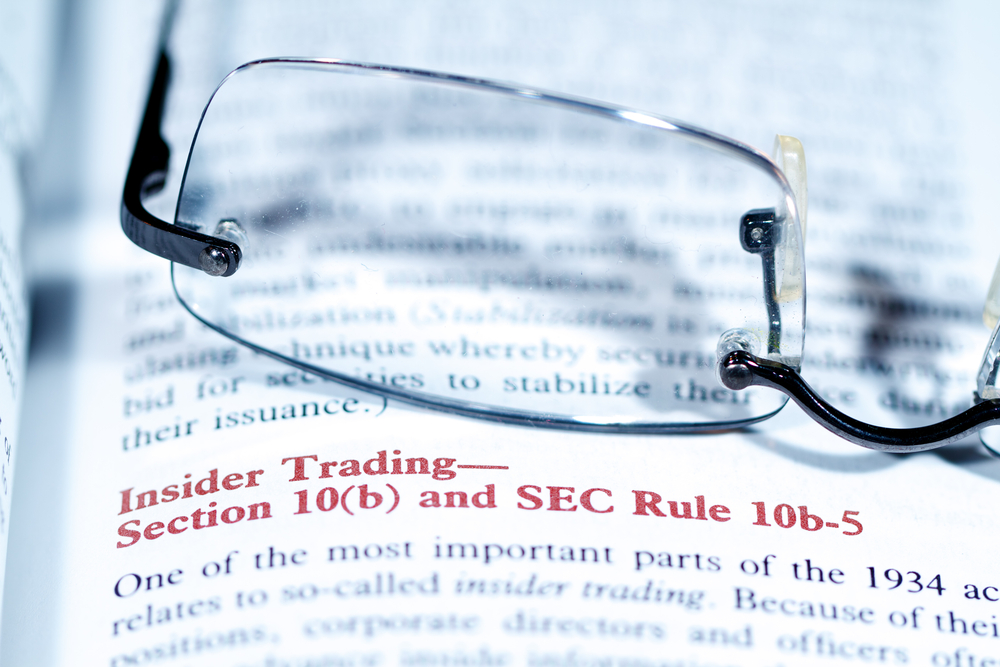Researchers find evidence that insider trading occurs in roughly 25% of mergers and acquisitions.
That seems really low.
Insider trading is one of the only profitable activities you can engage in as an investor. It’s not like you can earn above-market returns in liquid markets without non-public information. Large investors must mainly stick with price fixing and market manipulation instead.

11 Responses to “Insider Trading Rates Reach 25%”
June 19
Jeremy FrancisEh, insider trading doesn’t quite operate on an economic calculus anymore. In general what deters people from committing crime is not fear of punishment but the sense they are doing something morally wrong. Over the past 30 years perceptions about the morality of insider trading have changed significantly.
June 20
Romeo StevensInsider trading is a useful signal to the market price. Objections to it generally stem from ideas about “fairness”, but the market is not a casino, it doesn’t exist to provide random people fair odds.
June 20
Jeremy FrancisStudies I have read indicate insider trading increases volatility, harming the market. Also the state of the law in the US at a federal level is that insider trading is prohibited not because of fairness but because of an obligation the insider had to the source of the information. In other nations like Australia it is based on fairness.
June 20
Romeo StevensIf there is more uncertainty about a stock’s future price than before due to uncertainty about the information’s trustworthiness then that makes sense. I’m not familiar with the studies though do you have any keywords I could track down?
June 20
Romeo StevensI’m seeing one paper argue that insider’s prefer volatility since they can profit more readily that way. That’s an interesting angle. Intentionally induced volatility would of course be harmful.
June 20
Jeremy FrancisA quick google search gave this: http://users.nber.org/~wei/data/du&wei2004/ecoj_946.pdf; there are more but I don’t have the materials to hand that I read when I studied it back a couple of years ago to provide more nor do I remember the titles (it was in a law unit on white collar crime rather than an economics unit so it wasn’t a huge focus). A lot of the articles on it are pretty technical so someone with a more advanced degree than my BEc (or at least someone with more patience) would be needed to find out more, I think.
June 20
Luke CockerhamI’m going to disagree with Romeo on this point “the market is not a casino.” In fact I call the current global economic system casino capitalism.
June 20
Romeo StevensThat paper’s author’s seem uncertain about whether the increased volatility is efficient. Luke, I think you’re mistaking a few well publicized stories for the majority behavior.
June 20
Gary BasinHaven’t looked for research but I would imagine that it would show higher levels of insider trading leading to drastic reduction in liquidity; I wouldn’t want to take the other side of much volume if insiders were allowed to blatantly trade on their info 🙂
June 20
Romeo Stevensbut insiders DO blatantly trade on their info is whatg the OP article is suggesting.
June 21
Gary BasinIndeed but not nearly as much as if it was unregulated